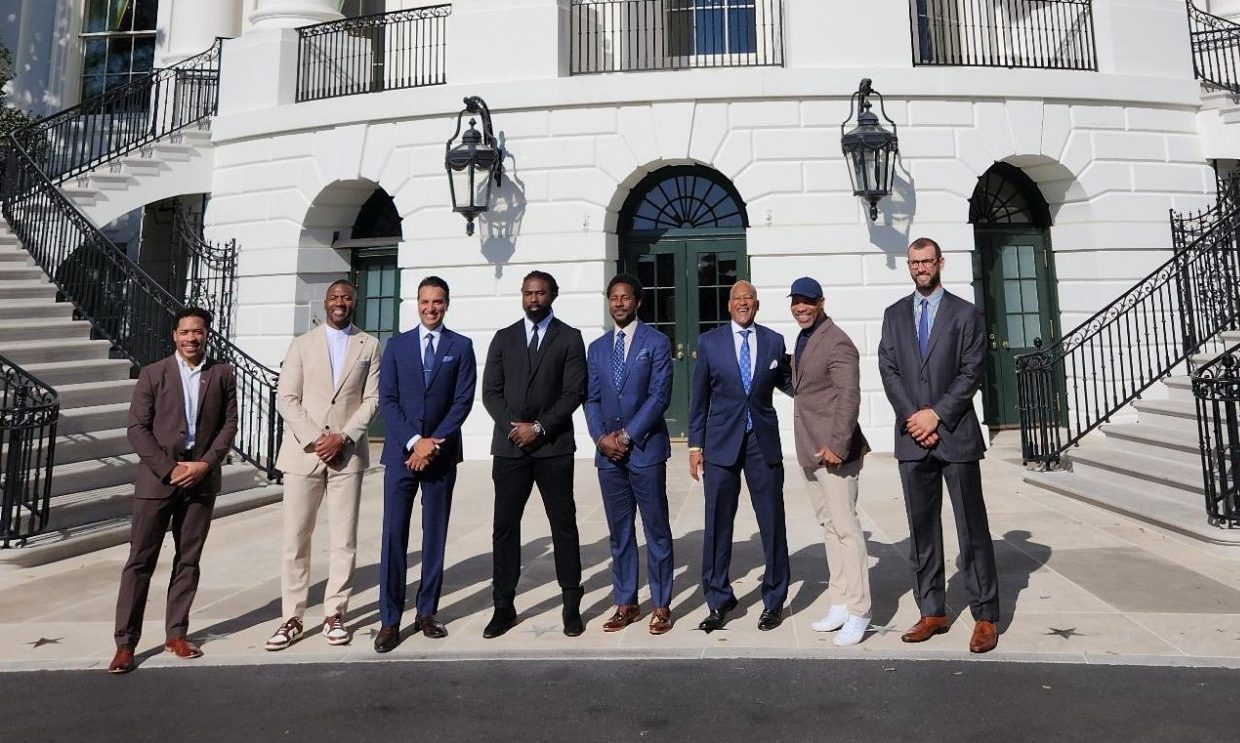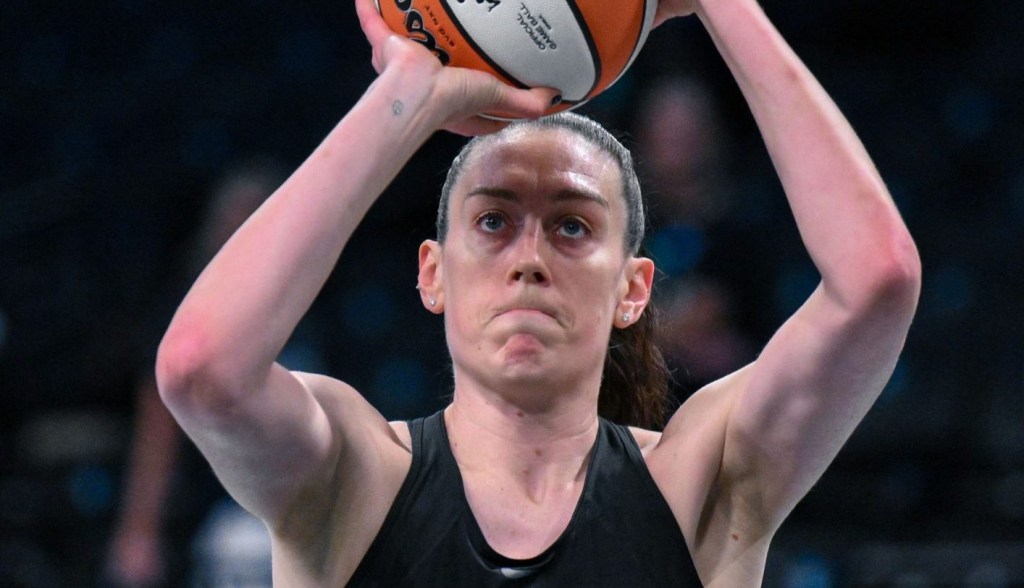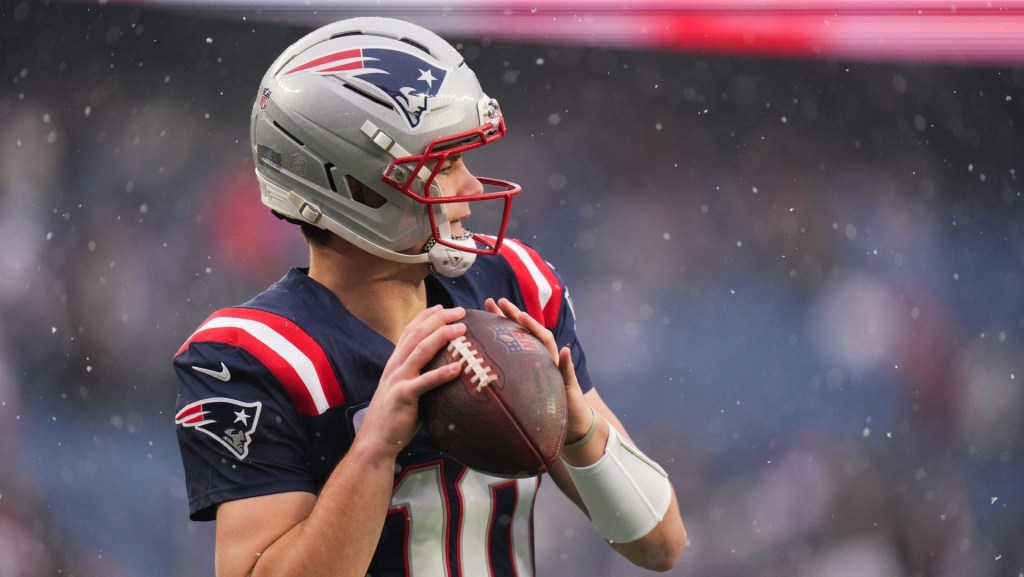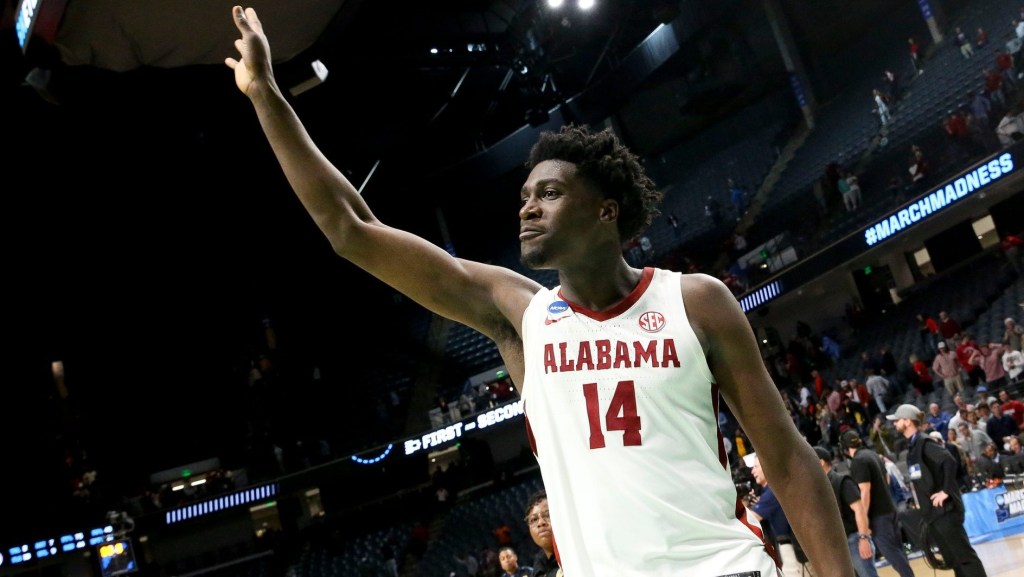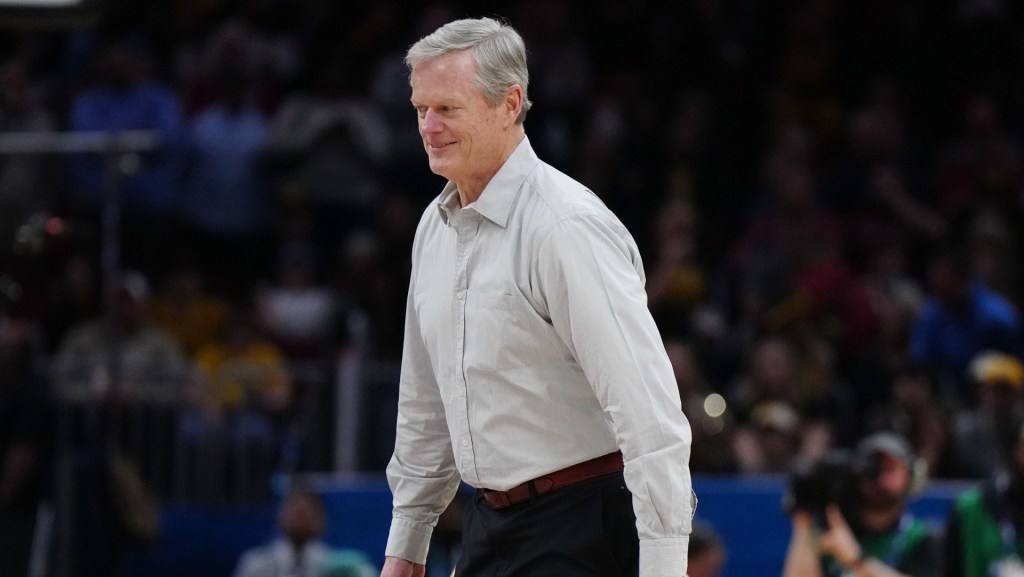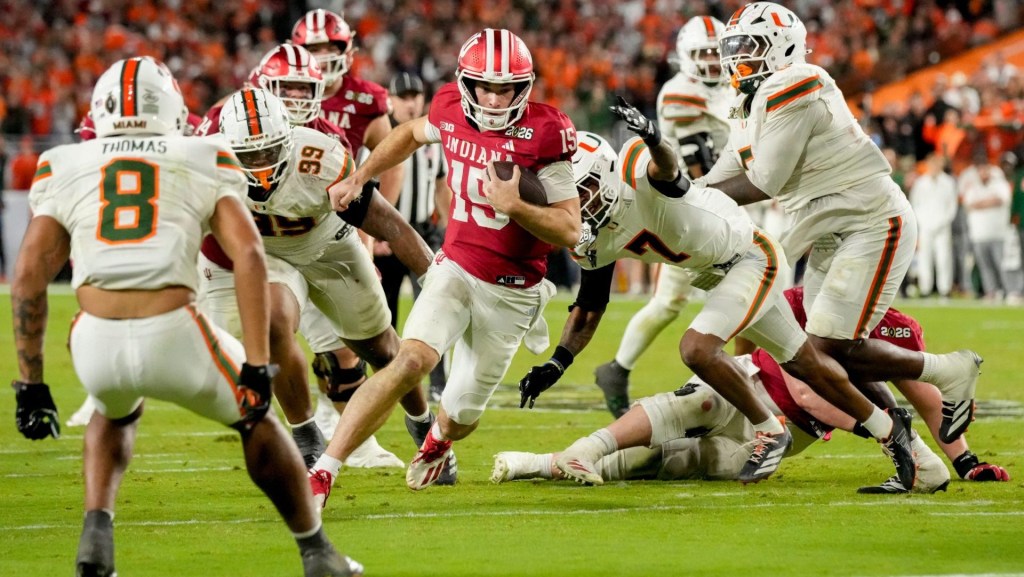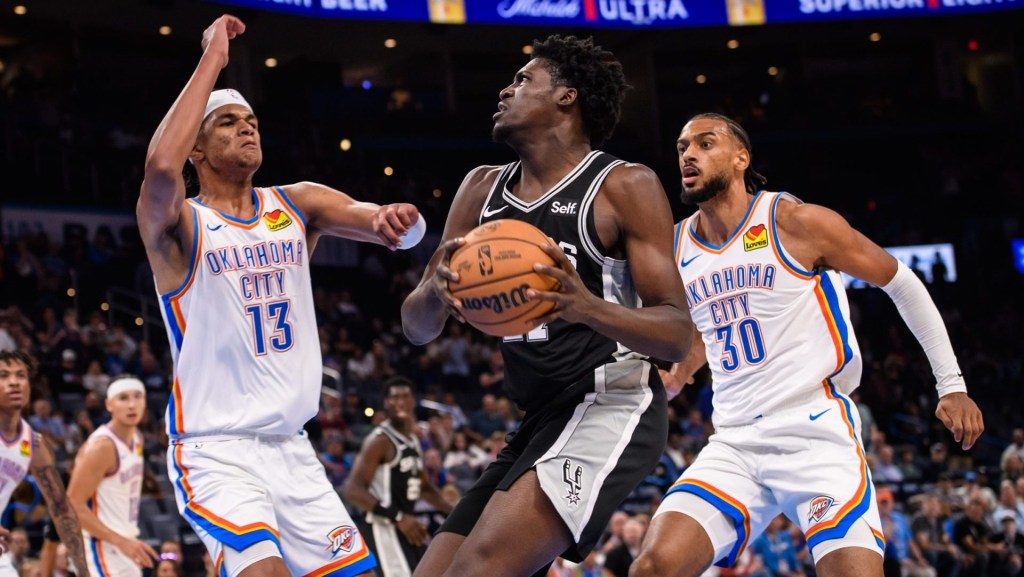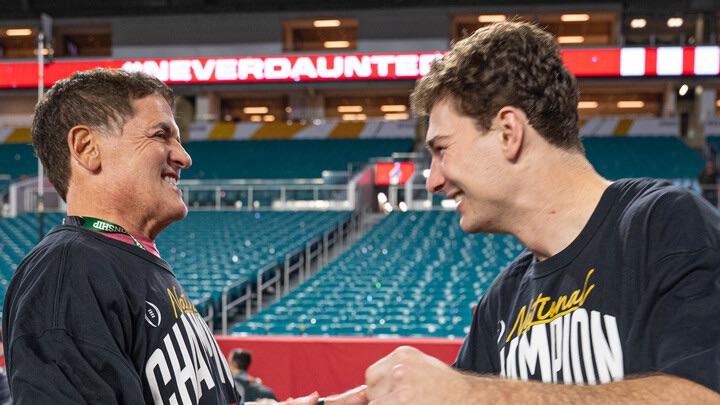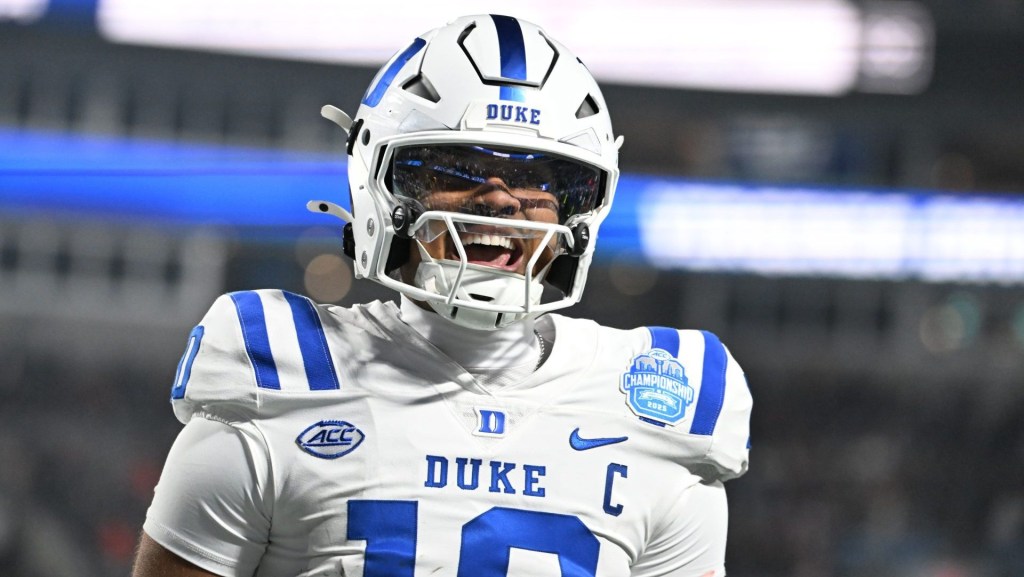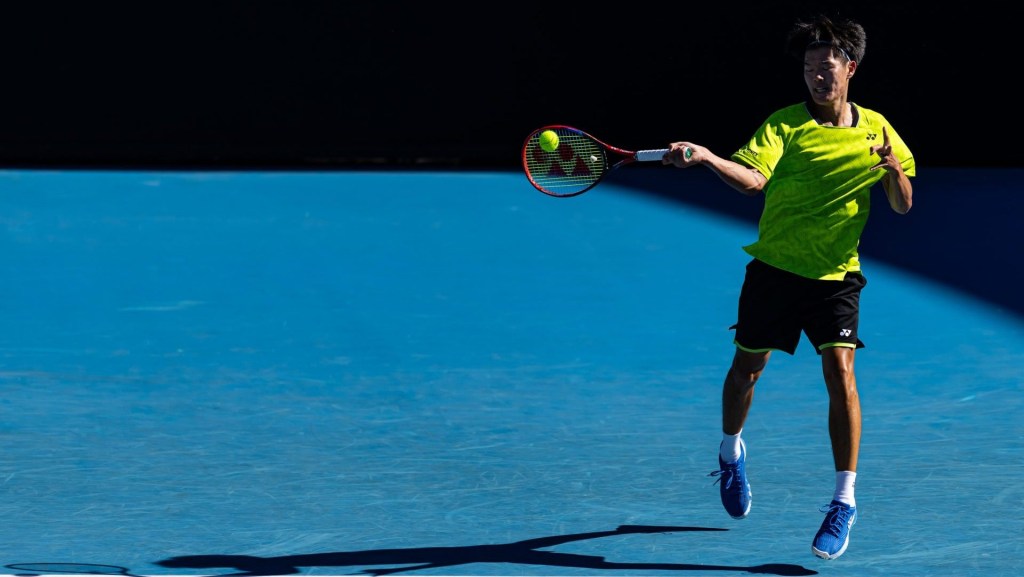Over the past three years, Congressional leaders have met with countless NCAA, conference, and school officials over athlete compensation issues. For its first-ever athlete compensation event, the White House took a different approach.
On Wednesday, the Biden administration hosted former college football players (almost all of whom played in the NFL) to discuss the possibility of a football players’ union, athlete revenue sharing, the current NIL landscape, and health and safety.
Attendees, who met with officials in the Roosevelt Room, included major names like Andrew Luck and Desmond Howard. While there were no representatives from sports unions like the NFLPA or labor organizers, an athlete advocacy organization called the College Football Players Association had a delegate in the room: former FCS football player Jordan Meachum.
There were no policy decisions made in the meeting, but the issues are clearly significant to the Biden administration.
“The way this was explained to me is: ‘We see this meeting as similar to meetings the President has had with Starbucks workers who are organizing Starbucks stores, or the guys who are organizing Amazon warehouses,’” College Football Players Association executive director Jason Stahl told FOS. “Because those organizing efforts are happening absent of the help and assistance of traditional labor institutions.” (Stahl wasn’t in the meeting, but helped with organization and was in D.C.)
President Biden, National Economic Council Director Lael Brainard, and Office of Public Engagement Director Steve Benjamin were all in attendance for a meeting that was described as educational. “This was their opportunity to hear it from the horse’s mouth,” former NFL player and Georgia alum Keith Marshall, one of the seven former players, told FOS.
Attendees said Biden, who spent 30-40 minutes in the room, made comments suggesting he was in favor of long-term healthcare for players after graduation, as well as independent healthcare providers outside team doctors that athletes don’t have to pay for themselves. (Biden himself was unaware that schools don’t already pay for second opinions or independent doctors for players, Meachum said.)
“President Joe Biden is all for the health and safety of college football athletes,” Meachum said.
There also appeared to be a consensus that some sort of union-esque entity was necessary for college football players, Marshall and Meachum agreed.
“How to do that was the main question,” Meachum said. “Everyone agrees that’s the way we’re headed.”
Meachum also noted there was an interest in the idea of revenue sharing, especially given the recent conference realignment moves and media deals that make college football look even more like a professional sport.
Administration officials did not indicate what the next steps would be. Though Stahl said his contacts appeared supportive, and suggested that he should continue to reach out if the CFBPA needed more for its organizing efforts. “It’s good to have a pro-labor administration in the White House.”
